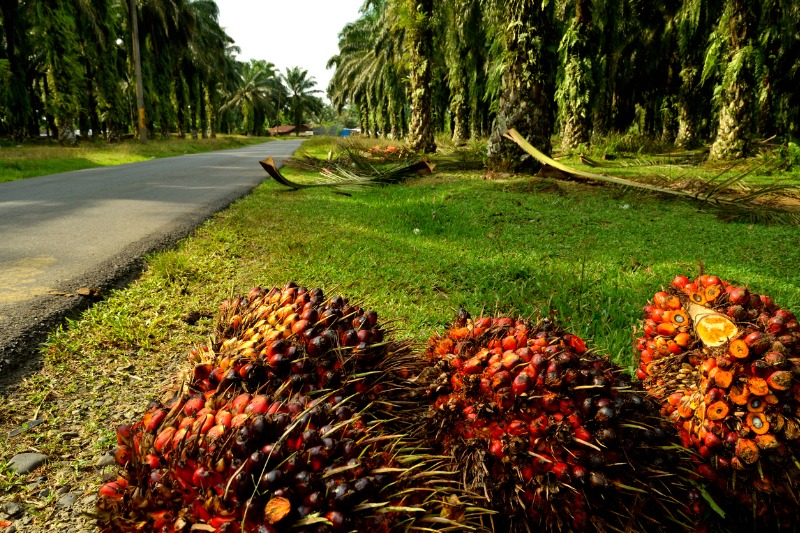In its pursuit of achieving net-zero carbon emissions by 2050, Singapore is actively exploring the wider implementation of biofuels and sustainable bioresources in carbon-intensive sectors such as electricity generation, transportation, and heavy industry.
To facilitate this transition, the Ministry of Trade and Industry (MTI) and the National Climate Change Secretariat (NCCS) have initiated a tender process. The objective is to assess potential sources of biofuels and renewable resources, including food waste and animal fats, both domestically and internationally. This tender, encompassing up to eight countries, aims to expand Singapore’s access to diverse biofuel options, thus accelerating progress toward the net-zero target.
As part of the study, the Singapore government is also looking to establish technical standards for injecting biomethane into piped networks. The study will consider the potential of various biofuels and sustainable bioresources, considering factors such as cost-effectiveness in emissions reduction and existing infrastructure for fuels and feedstocks. It should also explore suitable applications for deployment within Singapore up to 2050. Some options include potential usage in heavy industries, such as for chemicals and plastics; transport, including land, water and air transport; and the power sector for large-scale electricity production.
Singapore is making progress in its race to net zero; as of the end of 2022, the country has supplied more than 70,000 tonnes of biofuels to ocean-going vessels, while Singapore Airlines utilized blended sustainable aviation fuel derived from used cooking oil and animal fats for all its flights.
(Source: The Straits Times)

